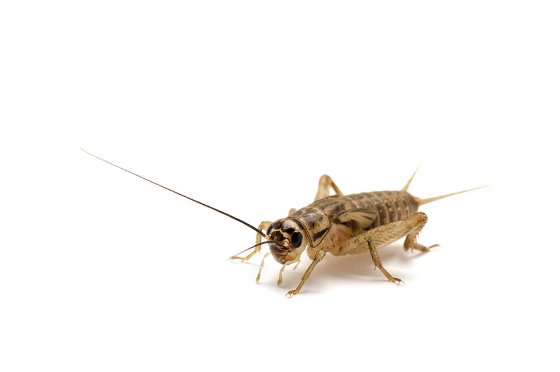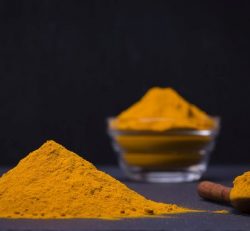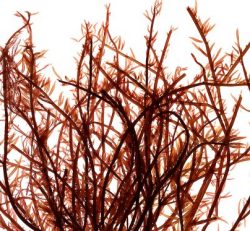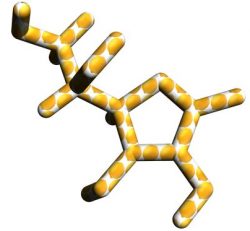NEW STUDY: EATING INSECTS GOOD FOR GUT HEALTH
A new study showed that eating insects benefits the human microbiome. This may hold promise for promoting gut health in livestock animals.
Crickets, like other insects, contain fibres, such as chitin, that are different from the dietary fibre found in foods like fruits and vegetables. Fibre serves as a microbial food source and some fibre types promote the growth of beneficial bacteria, also known as probiotics.
Powdered cricket meal for breakfast
The new study, done at the University of Wisconsin–Madison Nelson Institute for Environmental Studies in the US looked at what eating crickets does to the human microbiome. The results were published in the journal Scientific Reports. For 2 weeks, 20 healthy men and women between the ages of 18 and 48 ate either a control breakfast or a breakfast containing 25 grams of powdered cricket meal made into muffins and shakes. Each participant then ate a normal diet for a 2 week “washout period.” For the following 2 weeks, those who started on the cricket diet consumed a control breakfast and those who started on the control diet consumed a cricket breakfast.
Increase in Bifidobacterium animalis
The trial shows that consuming crickets can help support the growth of beneficial gut bacteria and that eating crickets is not only safe at high doses but may also reduce inflammation in the body. The researchers saw an increase in a metabolic enzyme associated with gut health, and a decrease in an inflammatory protein in the blood called TNF-alpha, which has been linked to other measures of well-being, like depression and cancer.
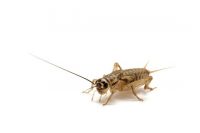
Crickets, like other insects, contain fibres, such as chitin, that are different from the dietary fibre found in foods like fruits and vegetables. – Photo: Dreamstime
Additionally, the team saw an increase in the abundance of beneficial gut bacteria like Bifidobacterium animalis, a strain that has been linked to improved gastrointestinal function and other measures of health in studies of a commercially available strain called BB-12. However, the researchers of this study say that more and larger studies are needed to replicate these findings and determine what components of crickets may contribute to improved gut health.
Potential for animal gut health?
The interest of using insect derived feed ingredients is also increasing in the livestock and aquaculture sector. The use of insect protein is allowed in farmed fish. For poultry, pigs and ruminants, the use of insect protein is not yet allowed in the EU. Insect oil is allowed and have been showing good results already in piglets. The results of this study in humans is interesting for livestock as well, where gut health is an important topic. Having a good microbiome and reducing inflammation on gut level has gained more interest when more regions are moving away from antibiotic growth promoters.
Source: University of Wisconsin
Emmy Koeleman
Editor: All About Feed & Dairy Global
Source: www.allaboutfeed.net


